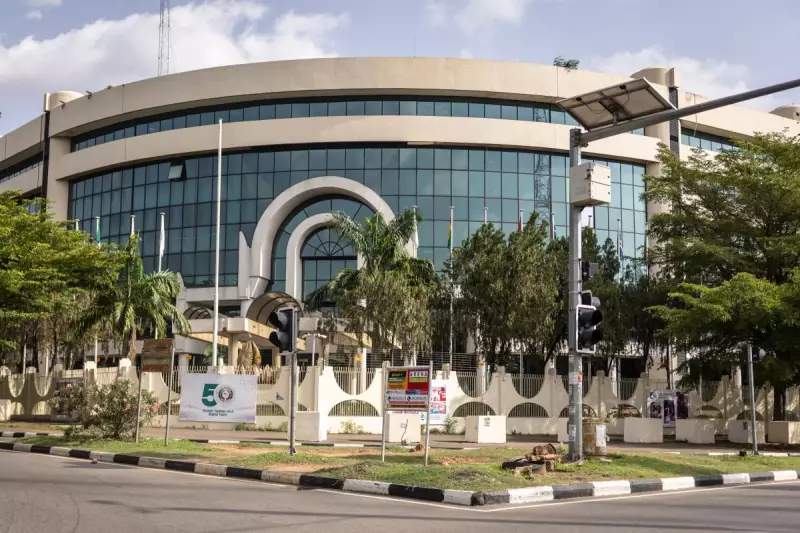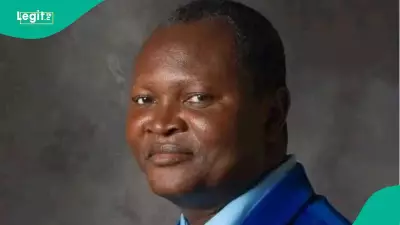
In a groundbreaking regional security initiative, the Economic Community of West African States (ECOWAS) is spearheading a transformative approach to combat terrorism through educational reform. Rather than relying solely on military solutions, the bloc is targeting the root causes of extremism by revolutionizing traditional Quranic education systems.
The strategy focuses on modernizing Islamic schools while preserving their religious integrity, creating educational pathways that equip young Muslims with both spiritual grounding and practical skills for the modern economy.
Bridging Traditional and Modern Education
ECOWAS officials emphasize that the integration of conventional subjects into Quranic curricula represents a crucial defense mechanism against terrorist recruitment. By addressing educational gaps that often leave almajiri and other Quranic students vulnerable to radicalization, the initiative aims to build intellectual and economic resilience within Muslim communities.
The regional body is collaborating with member states to develop standardized curricula that maintain Islamic values while incorporating mathematics, science, language arts, and vocational training. This holistic approach ensures students receive comprehensive education that prepares them for diverse opportunities beyond religious studies.
Countering Extremist Narratives
Security analysts have long identified unregulated Quranic schools as potential breeding grounds for extremist ideologies. Terrorist groups across the Sahel region have exploited educational deficiencies to propagate their narratives and recruit followers among disenfranchised youth.
The ECOWAS initiative directly confronts this vulnerability by empowering religious educators with resources and training to provide balanced instruction that rejects extremist interpretations while strengthening Islamic identity.
Regional Implementation Strategy
- Curriculum development combining Islamic studies with core academic subjects
- Teacher training programs for Quranic school instructors
- Infrastructure improvements for traditional Islamic schools
- Monitoring systems to prevent radicalization in educational settings
- Economic empowerment programs for graduating students
This educational overhaul forms part of a broader counter-terrorism framework that ECOWAS hopes will disrupt the recruitment pipelines of groups like Boko Haram and Islamic State affiliates operating in West Africa.
As the implementation gains momentum across member states, early indicators suggest improved student outcomes and decreased vulnerability to extremist influences in communities where reformed Quranic education has been introduced.






